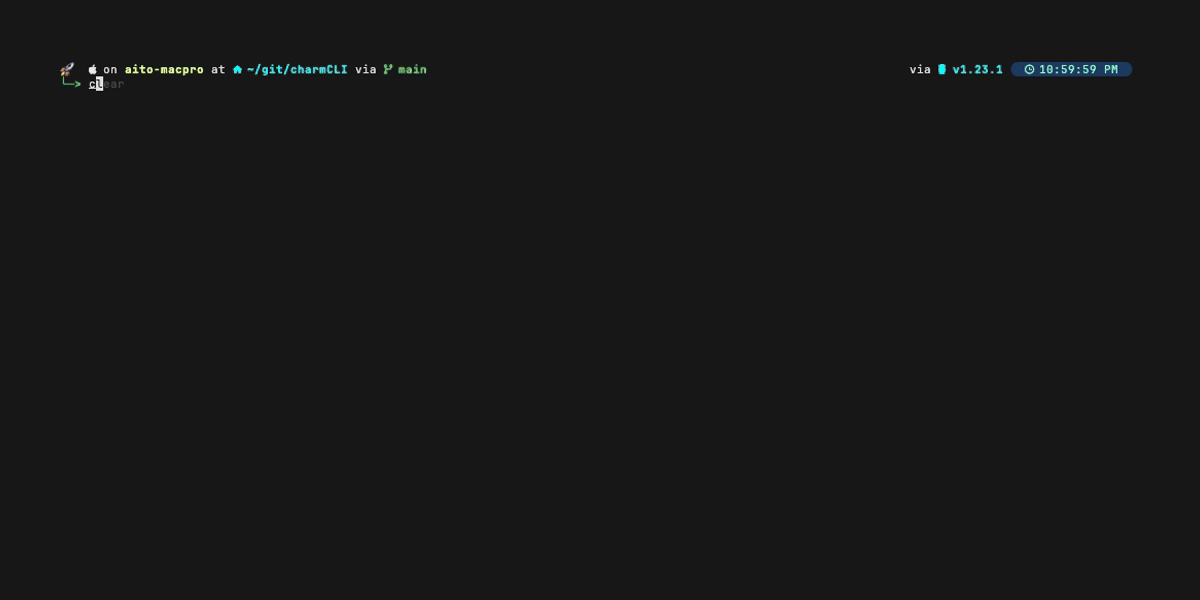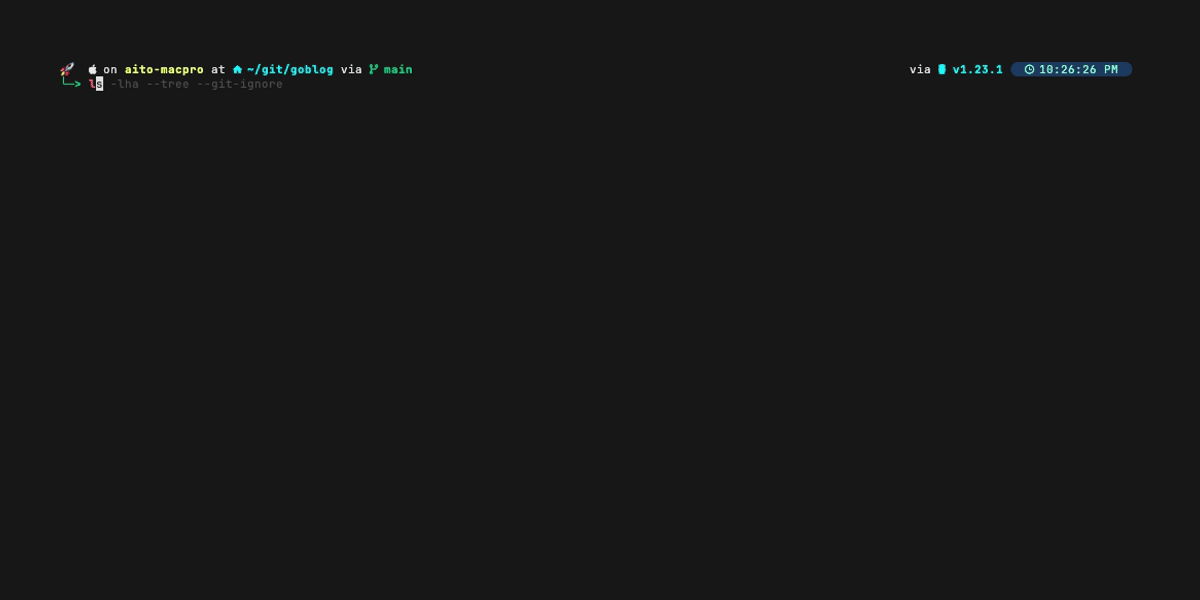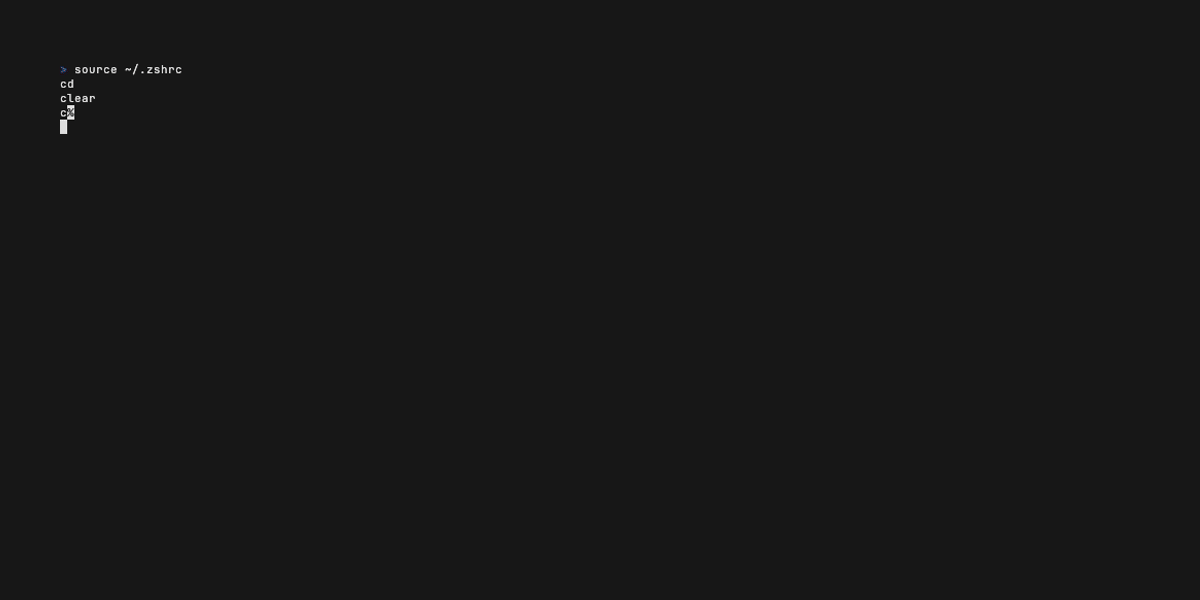
Bat - A better 'cat'?
- Aito Nakajima
- MAC , Linux
- September 15, 2024
Table of Contents
Understanding the bat Command
A Modern Alternative to cat
When it comes to displaying file content in Linux and Unix-based systems, the cat command has been a go-to utility for decades. However, as the need for readability and additional functionality grows, a new alternative is catching the eye of developers and IT professionals alike, bat.
In this post, we’ll explore what makes bat an exciting and powerful replacement for cat. Whether you’re new to command-line tools or a seasoned developer looking to optimize your workflow, read on to discover how bat can enhance your day-to-day terminal experience.
What is bat?
bat is a command-line utility for reading and displaying file contents, similar to the ubiquitous cat command. However, it offers a host of additional features designed to improve the user experience:
- Syntax highlighting for a wide range of programming and markup languages.
- Automatic paging for large files.
- Line numbers for easy reference.
- Git integration, showing file modifications when viewing files in a Git repository.
Key Features of bat
Let’s dive into some of the standout features that make bat a popular choice among developers.
Syntax Highlighting
One of the most useful features of bat is its ability to highlight syntax based on the file type. This feature works automatically, making it much easier to read code and configuration files at a glance.
Example:
bat my_script.go
With this, you can immediately see Go syntax like keywords, comments, and strings in distinct colors. This alone is a game-changer when reviewing scripts or code files.
Line Numbers
When working on a large file, especially in a collaborative environment, having line numbers can significantly improve navigation and communication. bat adds line numbers by default, making it easy to reference sections of a file.
bat --style=numbers my_script.go
Paging for Large Files
When a file is too large to fit in the terminal, bat automatically invokes a pager (like less). This ensures that you won’t get overwhelmed with output all at once, giving you the ability to scroll through the file at your own pace.
bat large_log_file.log
Git Integration
When viewing files in a Git repository, bat shows which lines have been modified compared to the last commit. This is particularly useful for developers who want to quickly see what has changed in a file without leaving the terminal.
bat my_code.go
Lines that have been modified will be highlighted, adding a visual cue for changes, insertions, and deletions.
To only show the changes that have been made in git.
bat -d my_code.go
Customizable Styles
You can configure the appearance of bat’s output using different style options, such as adding line numbers, headers, or even hiding certain information.
Example:
bat --style=plain my_script.go
In this case, the output will show the file contents without line numbers or syntax highlighting.
Tokyo-night theme customizations
Run the below script for setting up Tokyo-night as the Bat theme.
mkdir -p "$(bat --config-dir)/themes"
cd "$(bat --config-dir)/themes"
# Replace _night in the lines below with _day, _moon, or _storm if needed.
curl -O https://raw.githubusercontent.com/folke/tokyonight.nvim/main/extras/sublime/tokyonight_night.tmTheme
bat cache --build
bat --list-themes | grep tokyo # should output "tokyonight_night"
echo '--theme="tokyonight_night"' >> "$(bat --config-dir)/config"
Original link where this script was found
Installing bat
Installation of bat is straightforward, and it supports multiple platforms.
On Linux
For most Linux distributions, you can install bat via the package manager:
sudo apt install bat
On macOS
If you’re using Homebrew, the installation is just as simple:
brew install bat
On Windows
Windows users can install bat via scoop or chocolatey:
scoop install bat
or
choco install bat
Once installed, bat will be available from the terminal, and you can start using it just like cat.
Why Should You Use bat Over cat?
While cat remains a perfectly functional tool, it lacks many of the usability features that make bat a more efficient option for developers, especially when working with code.
Here’s a quick comparison of what bat brings to the table:
| Feature | cat | bat |
|---|---|---|
| Syntax Highlighting | No | Yes |
| Line Numbers | No | Yes |
| Git Integration | No | Yes |
| Paging | No | Yes |
If you’re looking for a simple file display tool, cat will still work for you. However, for a more modern, feature-rich experience, bat offers clear advantages.
Conclusion
The bat command is more than just a better-looking cat, it’s a tool that integrates seamlessly into a developer’s workflow. From syntax highlighting to Git integration, it enhances readability and usability in ways that make working with files easier and more efficient.
If you’re not already using bat, it might be time to give it a try and see how it can enhance your terminal experience.
To gain more knowledge on bat read the friendly manual.
man bat
Links
Checkout the Git repository for Bat.

